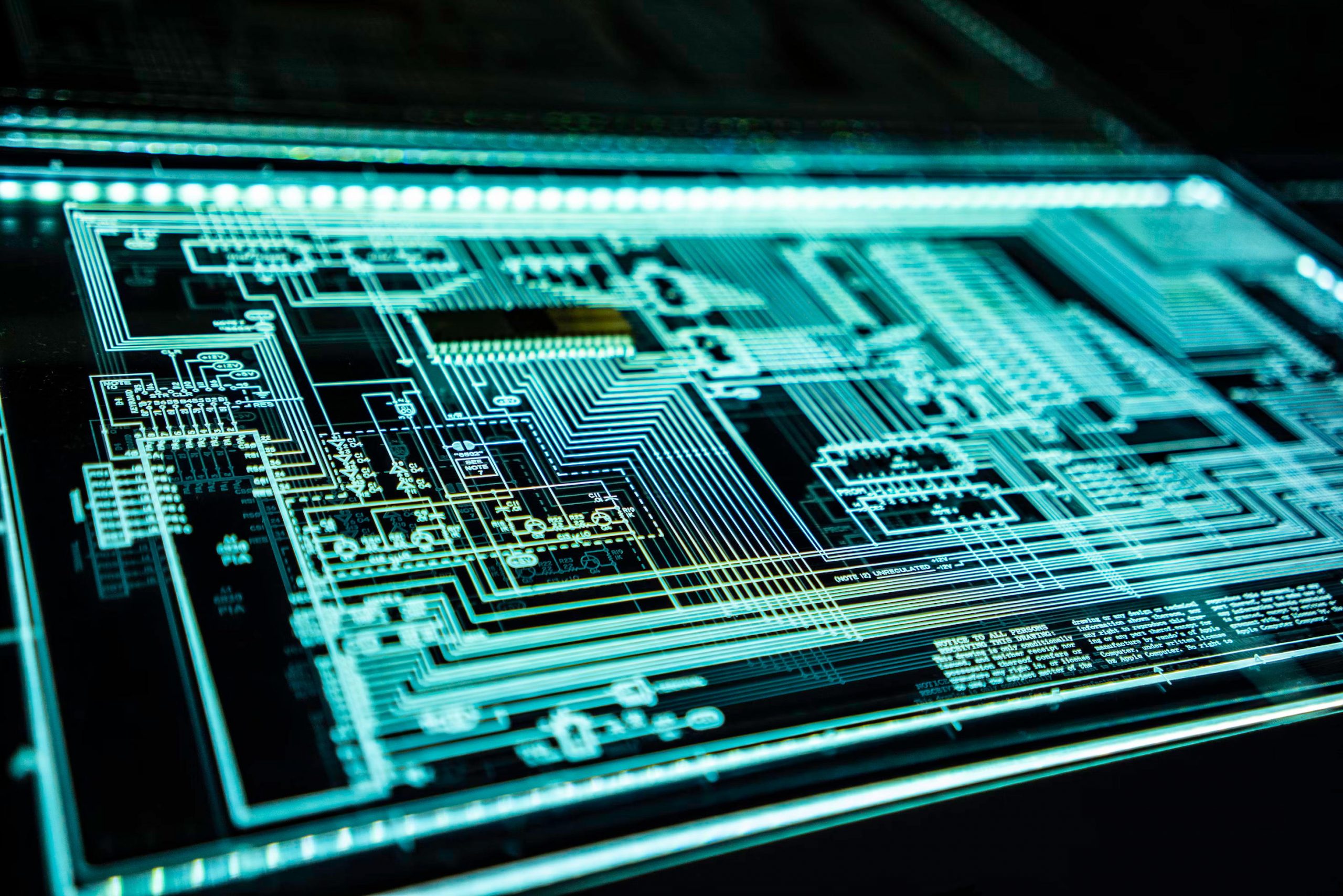US wireless chip firm Qorvo, a significant supplier of components for Apple iPhones, has agreed to sell two of its factories in China to Chinese contract manufacturer Luxshare, amidst major ongoing changes in the worldwide tech supply chain.
The Greensboro, North Carolina-based firm said it would sell its chip assembly plants in Beijing and Dezhou, Shandong province, to Luxshare.
Luxshare is also a prominent Apple supplier, being the primary assembler of Apple’s AirPods and also a major iPhone assembler.
The Chinese company is to take over the operations and assets of the facilities, including the property, plant, equipment and existing workforce, while Qorvo is to maintain its sales, engineering and customer support teams in China to continue serving customers.

Chip assembly
The financial terms of the deal were not disclosed.
The Beijing and Dezhou plants primarily assemble and test Qorvo’s integrated advanced products for cellular devices, the firm said.
Following completion of the deal, expected in the first half of 2024, the two companies said they plan to enter into a long-term supply agreement under which Luxshare will assemble and test those products for Qorvo.
Apple is one of Qorvo’s main customers, contributing about 37 percent of the firm’s revenues for the fiscal year ending in April.

Supply chain shift
Luxshare also has a prominent place in Apple’s supply chain, and took over some iPhone 14 assembly work late last year amidst disruption at the Zhengzhou plant of Apple’s primary assembler Foxconn caused by Covid-19 restrictions.
The disruption caused delays to the iPhone 14 ahead of the holiday season and accelerated Apple’s move to work with a wider range of contract manufacturers and to shift more assembly processes away from China to countries including Vietnam and India.
In recent years the supply chain landscape has begun to shift dramatically, especially for advanced semiconductors, as the US imposes increasingly strict export controls on China and economies including the US, the EU and Japan try to boost domestic semiconductor manufacturing and to lessen their reliance on mainland China and Taiwan.





